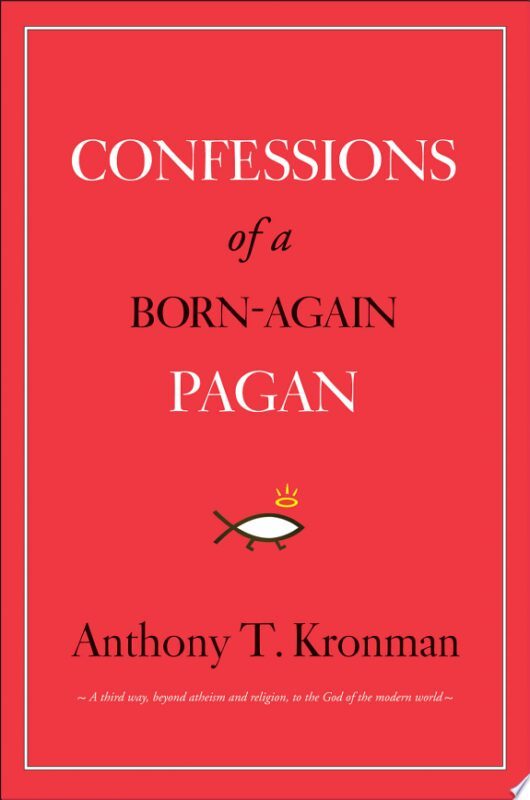Consider the following dialogue at a deposition: It concerns a situation in which a new business did not demand a copy of its insurance policy from its agent.
Q. It would have been prudent for them to ask for it, true?
A. Yes. Of course, it was not imprudent not to ask.
Q. Why do you say that?
A. Because at least 999 times out of 1000, and probably more, it is not needed.
Q. Isn’t it uncommon not to have it?
A. Not really. People and businesses often don’t have them.
Q. What about the Certificate of Insurance?
A. That is usually needed when a customer demands having it, and even then it is not actually needed in
by far the vast majority of cases.
Q. Would you agree with me that it is prudent to have a copy of the policy?
A. Certainly, but it is not imprudent not to have it. The same often goes for the Certificates.
Q. Won’t you agree that it is wise to ask for and get it?
A. The insured shouldn’t have to ask.
Q. But if it does have to ask, wouldn’t it be wise to ask for it?
A. I don’t really know, since, as it stands the question is muddled.
Q. Why?
A. The answer depends upon what the meaning of the word “wise” is. And the applicability of it in the different sorts of situations. The word “wise” has lots of different levels and lots of different applications.
[At this place a dialog on the word “wise” or the concept of wisdom begins.]






Recent Comments